Interview: TO KILL A MOCKINGBIRD's Maeve Moynihan Shares her Journey to Becoming Scout in the National Tour
Dive into Maeve Moynihan's perspective on portraying Scout in To Kill a Mockingbird, and learn what she hopes audiences across the country take away from the production.
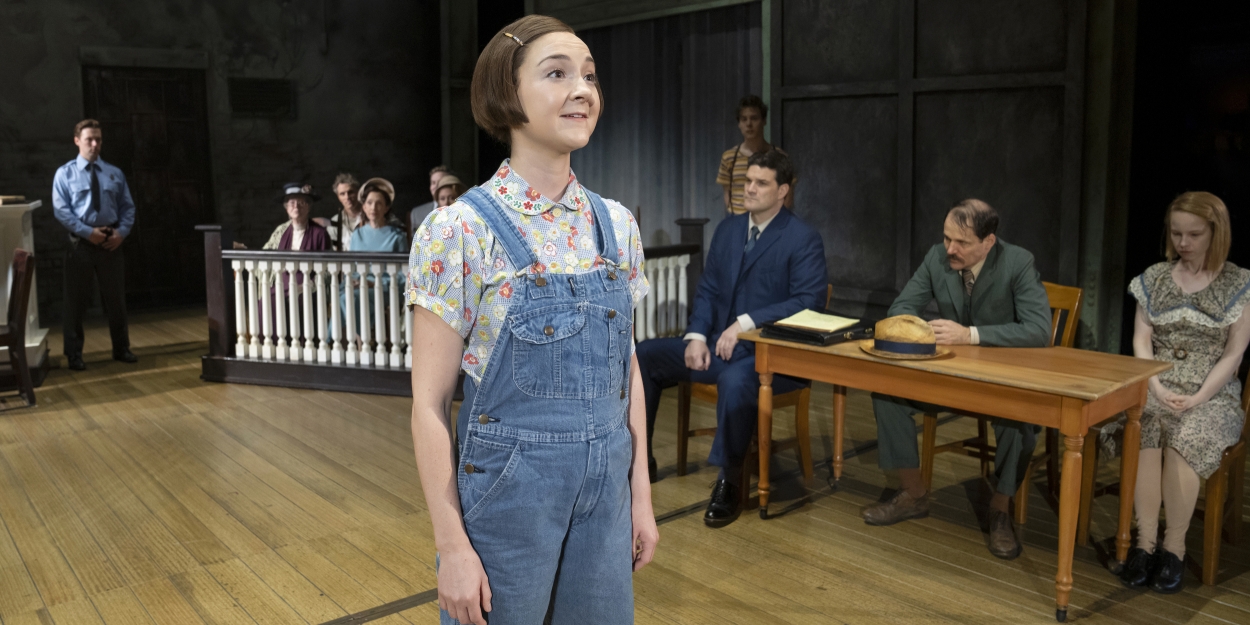
Maeve Moynihan is currently taking on one of the most well-known characters in American culture, portraying Scout in the National Tour of To Kill a Mockingbird. Aaron Sorkin's stage adaptation of Harper Lee's classic novel first played on Broadway, opening in 2018 and running (with a break during the pandemic) through early 2022. The National Tour was launched in 2022.
The current leg of the tour kicks off tonight at Bass Hall in Fort Worth, TX, and is set to travel to Michigan, Oklahoma, Ohio, Missouri, Connecticut, and more!
BroadwayWorld spoke with Maeve about how it feels to portray such an iconic character, what she hopes audiences across the country take away from the production, and much more.
This is your national tour debut. How did you feel when you first learned that you’d be joining To Kill a Mockingbird?
I’ve been with the tour since the beginning, I was in the ensemble, and understudying Scout and Mayella, and it was super exciting when I found out, but I’ve had a crazy journey with the show. I originally auditioned for it in 2019, for the Broadway production, my agent didn’t even know there was a tour, and then shortly after I had done a few rounds of auditions, they offered me the tour. And I was obviously thrilled and excited, and it was supposed to go that summer, and then the pandemic happened. So, I waited two years to do the tour. So, finally doing the tour was unbelievable, because I just kept thinking, ‘It’s not going to happen,’ they kept pushing the date, and cancelling, and pushing the date... So, when it finally happened and rehearsals started in New York, that was such a surreal day. Now to be playing Scout is even more surreal. I’m so grateful.
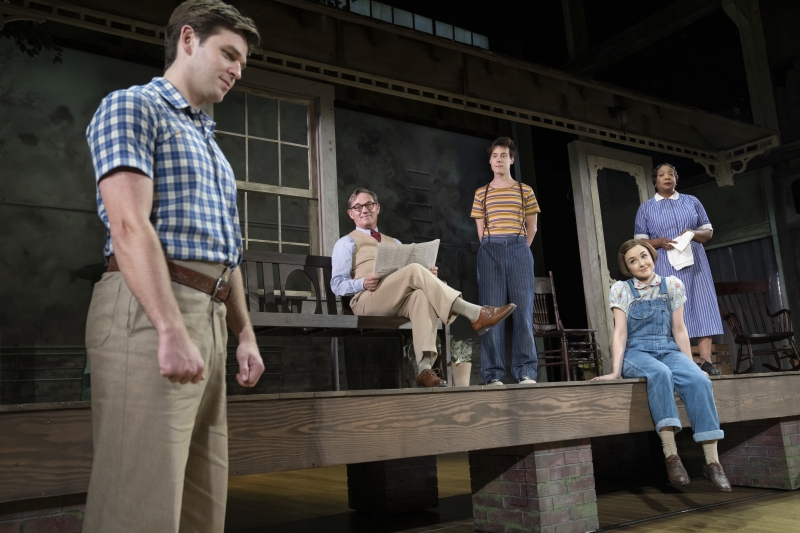
How does it feel to be embodying one of the most well-known characters in American culture?
It’s intimidating when you put it that way! [laughs]. It’s also just such a privilege. Being around such talented artists is an honor, and it also has helped me so much in my own work. And I think being in the ensemble was also a privilege because I was able to have a different lens of seeing the show, and really understanding what the piece is about. Having that kind of outside view helped me understand the show more as a collective, which I think only helped me more in zeroing in on Scout. And of course, as an understudy, you fully delve into those characters on your own, but it’s completely different once you’re owning the role, and embodying the role, and making the role your own.
We had a month off, but the month before we were in Chicago, and Charlotte, and the Kennedy Center in DC, so I got to do it for real for a month! And that’s given me a little bit more confidence going into the next nine months on tour.
Do you have a favorite part about the character of Scout?
Back to your point about her being such an iconic role, I think why we love her so much is her precociousness, and her curiosity about the world. I was a nanny for a few years, and what I love about kids is they tell you exactly how they feel, and they ask all the questions that we’re burning to ask but, no, we can’t ask, or at least we tell ourselves that we can’t ask. And I love that about Scout. I love that she’s so curious, and wants to know more about the world, and isn’t afraid to use her voice, and to question things. Which really explains why in our production she later goes on to become a lawyer. I think she embodies a lot of those personality traits that you see in a lawyer. My partner is a lawyer [laughs], and sometimes I see the parallels there, there is that fire, that need to know, and that need to really delve into things and not just let them be what they are.
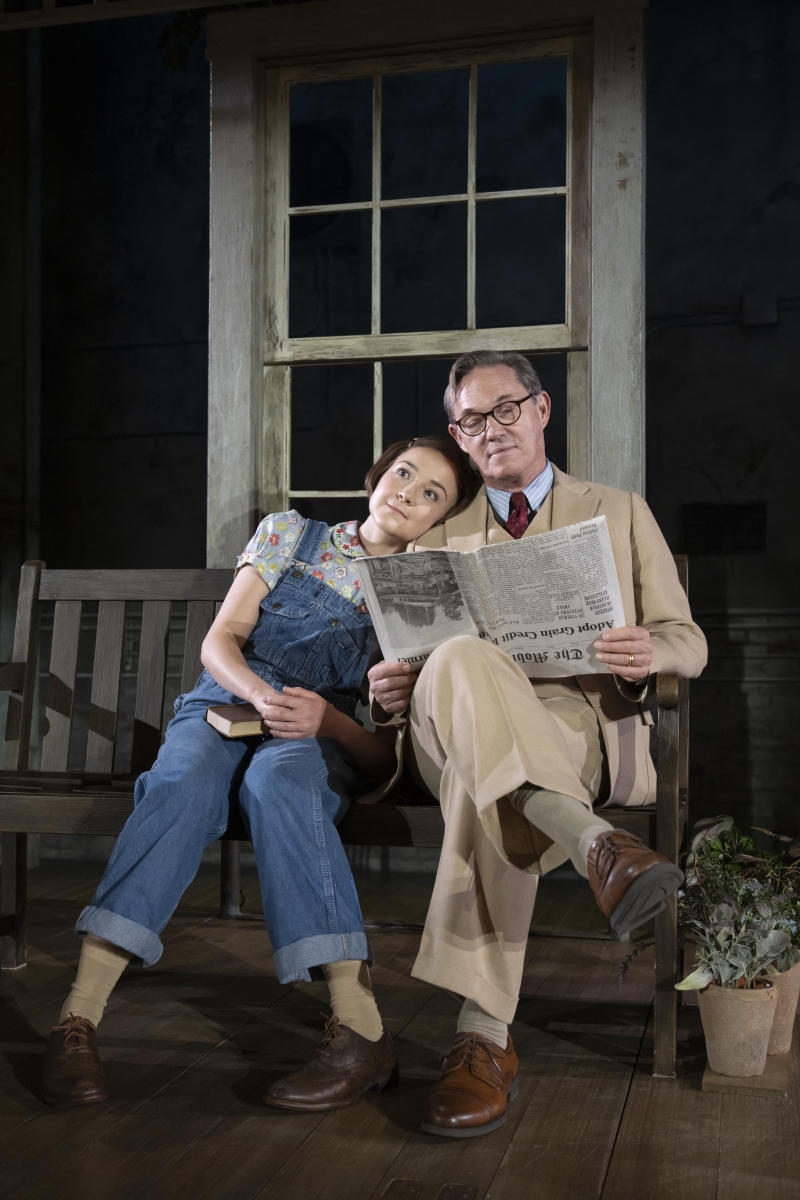
To Kill a Mockingbird is such a significant work. How does it feel to help continue to carry on the legacy of this story, and bring it around the country?
It’s absolutely amazing. It’s such a necessary story. And I think Aaron Sorkin’s adaptation has only proven that further. Obviously, the book we all know, and love, and the film also has a place in our culture. But the play, with it being a live event, there is nowhere to go, you have to sit there, and you have to take in these words and really let them affect you, you can't press pause, you can’t walk away for a second, put the book down. I think there is something to that, having to face the history we have as Americans, and really see and understand where we were, and how that’s affected us to how we are now, and where we still need to go.
I think one thing about this piece is you leave realizing how little progress we’ve made in so many areas. Especially when it comes to racism in this country. So, I think getting to bring a piece so necessary around the country has been such a privilege and so important. In this next leg of the tour we’re going to a lot of rural communities where art isn’t as accessible, and I think having a piece like To Kill a Mockingbird that feels more familiar, and more relatable, brings people into the theater, it invites them in. But then with Aaron Sorkin’s adaptation, it brings this further depth, and reinvestigation of the story. He’s also given voice to characters that previously had no agency, like Calpurnia, who’s the housekeeper, and obviously, Tom Robinson, who is wrongfully accused.
I feel like everybody is like, “Oh yeah, I read the book in high school,” and it’s like, ‘You’re 75, and you’re 15, how did you both read the same book?’ [laughs]. It’s kind of funny, they all remember it similarly to probably how we are at that age. We remember more of the kids, we remember more Boo Radley, I think a lot of the details about the trial are fuzzy. And Aaron Sorkin makes the trial front and center. That really is the crux of the story. It’s about the these three kids, at least in our adaptation, grappling with what justice means, and the differences between law and justice. And they lose this innocence, and they have to come to grips with how we operate, and how we navigate through this unjust world.
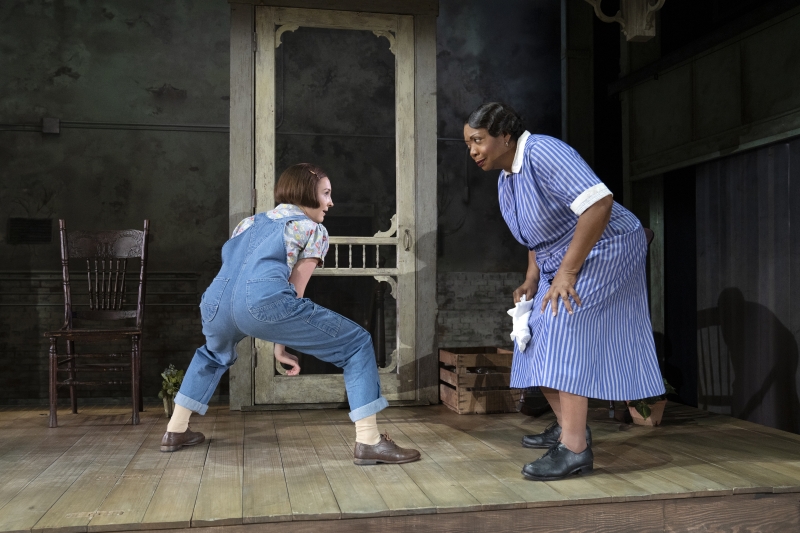
Do you have a city you’re most looking forward to visiting on this round of the tour?
I’m really excited for Toronto, I’ve never been to Canada. Well, I grew up in Minnesota, so I think, maybe, we drove through once when I was a kid, but it was just to be like, “We went to Canada!” [laughs] I don’t think we actually did anything there, so I’m really excited for Toronto. And I think what’s also so fun about touring, at least this past year and a half, is some places you’re like 'I’ve never even heard of this before!' So that’s kind of a unique thing about this job, is that you get to see so many places that otherwise wouldn’t be on your radar. So, I really enjoy that.
What would you like to say to people who are planning to come and see the national tour of To Kill a Mockingbird?
Please, come! I hope that people bring their kids, I hope they bring their parents. I hope that there’s a diverse audience out there. And I think it’s important to know that it’s maybe not going to be the story you think it is, and be open to that. I think Aaron Sorkin’s done a beautiful job of honoring Harper Lee’s work, but also making it its own entity. There is the book, the movie, and the play, and the play is unique in its own right. So, I hope people are open to that.
And I also hope that people leave feeling like there is room for discussion, and that they want to talk about the play after, and reflect on the play. I think the best pieces of theater are the ones where we leave and we can’t stop talking about it, we keep finding new questions about it, and we are able to reflect in our own life, and make our own judgements about the piece. I hope people are curious, and excited to come. We’re excited to have them!
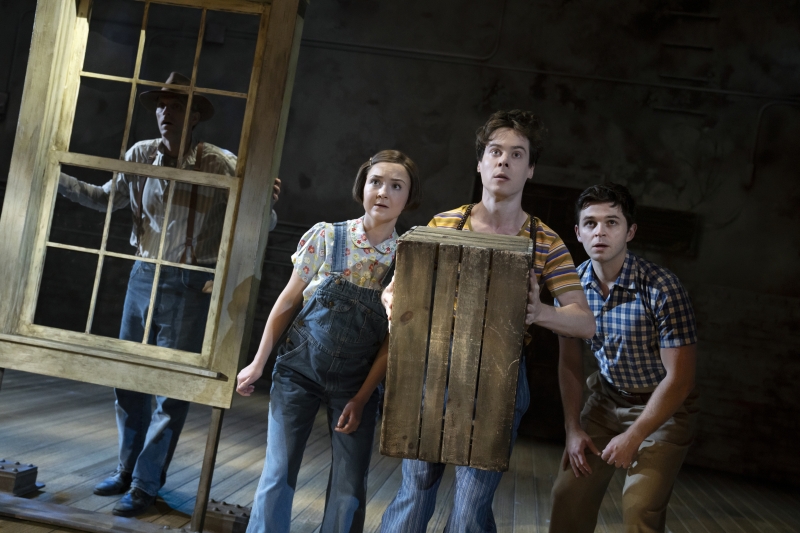
Photo credit: Julieta Cervantes



 To Kill a Mockingbird Grey Sin Unisex Tee
To Kill a Mockingbird Grey Sin Unisex Tee To Kill a Mockingbird All Rise Red Bird Zip Hoodie
To Kill a Mockingbird All Rise Red Bird Zip Hoodie To Kill a Mockingbird Embroidered Socks
To Kill a Mockingbird Embroidered Socks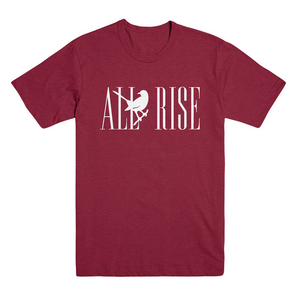 To Kill a Mockingbird Red All Rise Unisex Tee
To Kill a Mockingbird Red All Rise Unisex Tee